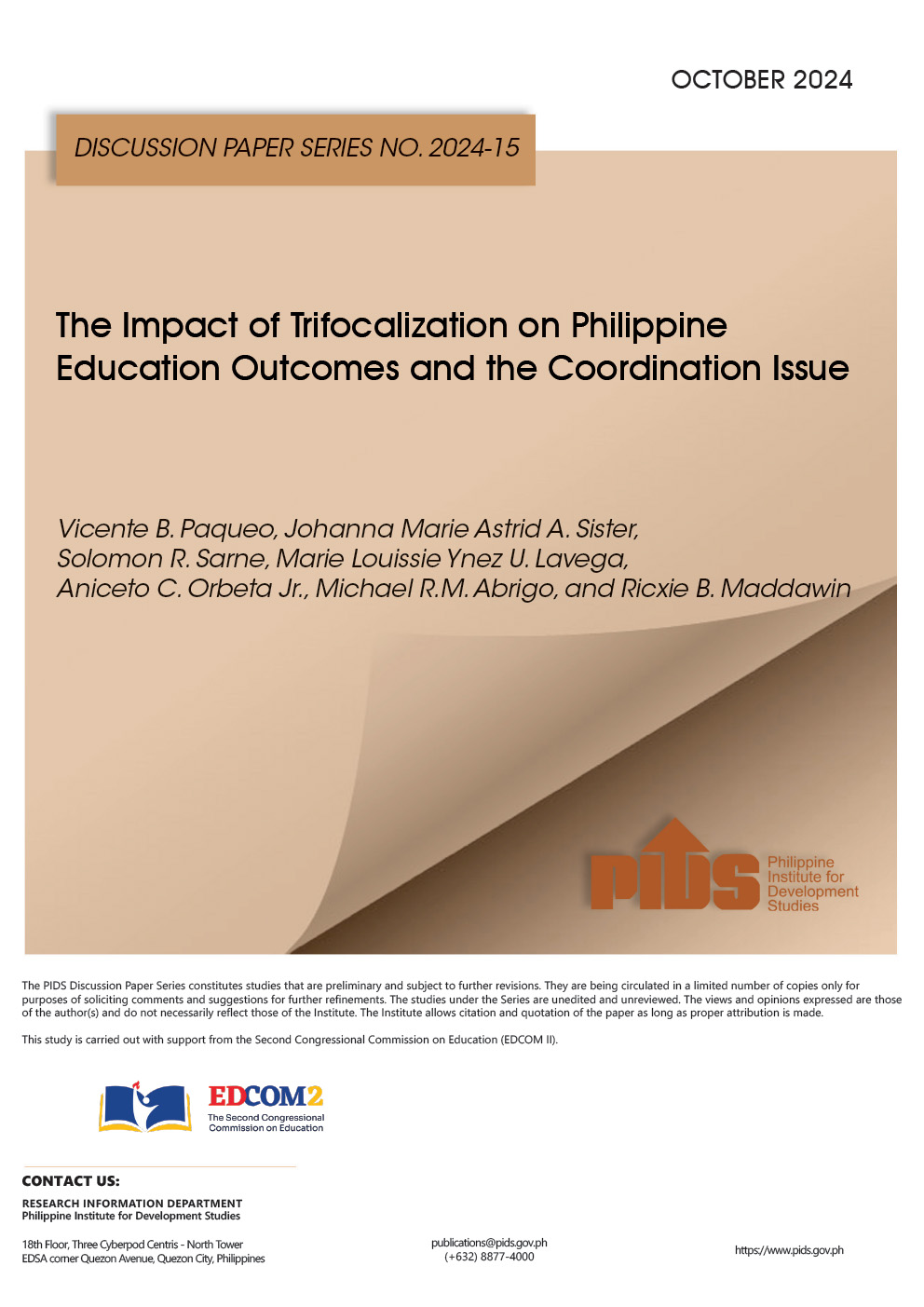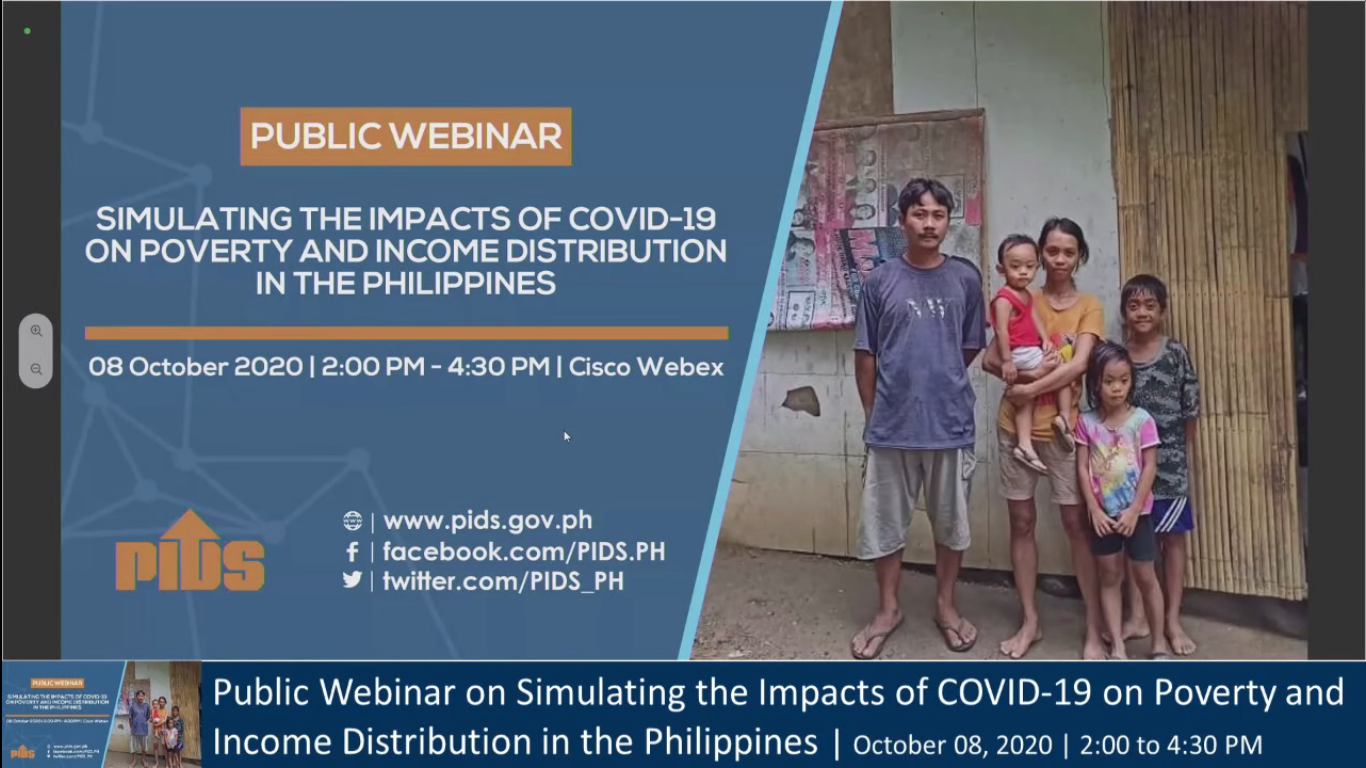FOR STATE-RUN Philippine Institute for Development Studies (PIDS), it is high time to jack up the taxes slapped on consumption in order to bring down income tax rates.
"Although [the proposal is] not popular, now’s the time to raise the excise tax on fuel and the tax on soft drinks. The additional taxes should be consumption-based,” PIDS president Gilberto M. Llanto told reporters last week, citing a soon-to-be-released study on the impact of the pending bills in Congress aimed at slashing income taxes.
Llanto noted that while some unscrupulous taxpayers might be able to evade income tax payments, everyone would pay the taxes on consumption, including the value-added tax (VAT).
The PIDS official pointed out that reducing income tax rates would entail new revenue sources as the country still needed to fund expenditures for infrastructure development and poverty-reduction initiatives.
The Department of Finance (DOF) had estimated the foregone revenues from income tax bracketing to reach P30 billion a year.
The DOF has been proposing a comprehensive tax reform package, which was being pitched to legislators as early as late last year, aimed at easing the burden of income taxpayers while also slapping new or higher taxes on consumption.
To ensure that foregone revenues would be compensated for in case legislation aimed at bringing down income tax rates progress, part of the DOF’s comprehensive tax reform package proposal include raising excise taxes on oil and vehicles as well as expanding the VAT to 14 percent from 12 percent at present.
One of the four objectives of the proposed comprehensive tax reform package was to enhance the administrative capacity of the Bureau of Internal Revenue (BIR) and the Bureau of Customs (BOC) to collect taxes.
To do so, the DOF was proposing the enhancement of measures against base erosion and profit-sharing by repealing the bank secrecy law for taxation purposes and the inclusion of tax evasion as a predicate crime to money laundering, as well as providing for automatic exchange of information.
DOF estimates showed that only 400,000 of the 1.8 million self-employed in the country pay the correct taxes. Self-employed individuals should have paid at least P300 billion in taxes each year, but the BIR could only collect P15 billion.
Also proposed by the DOF were enhancements of compliance provisions and strengthening of enforcement measures by increasing fines and penalties; mandatory use of the tax identification number or TIN in transacting with the government; exempting the BIR and the BOC from the Salary Standardization Law, and allowing the two biggest tax-collection agencies to retain a certain percentage of their collections as budget for modernization.//
Higher taxes on fuel, soft drinks pushed - Move seen to offset impact of income tax cuts












